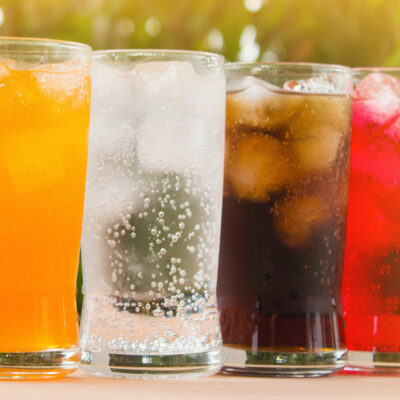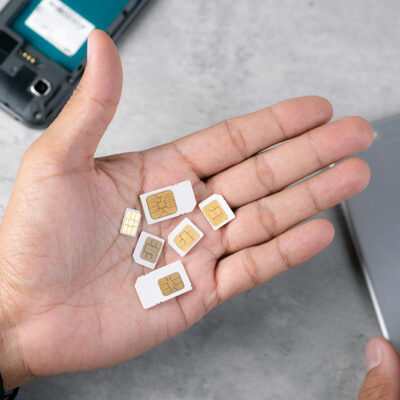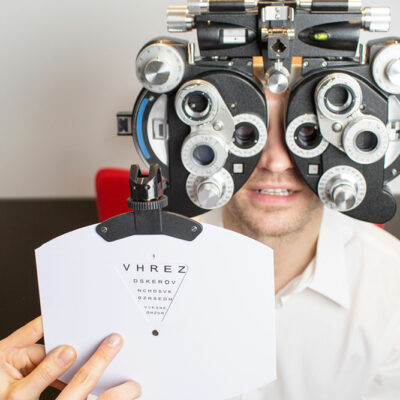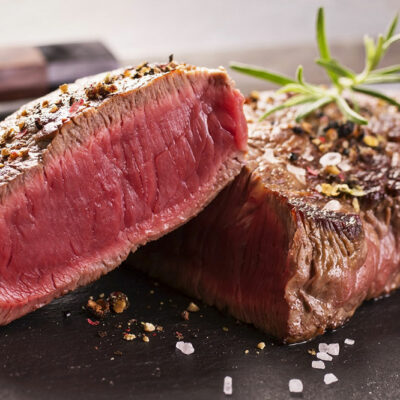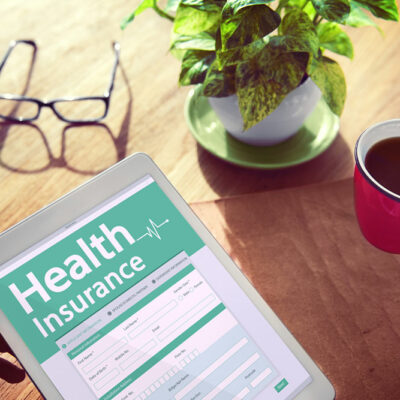
Here’s what one should know about Medigap plans
Medigap is additional insurance one can buy to cover costs that are not covered under Medicare. Also known as the Medicare Supplement Plan, Medigap helps one reduce out-of-pocket expenses, i.e., co-payments and deductibles. One can access these insurance services through private companies. However, one must already have a Medicare Part A and Part B plan to buy Medigap. To understand Medigap plans better, here are a few things to know: What is a Medigap plan? Original Medicare (Parts A and B) does not cover all medical expenses. So, private companies can offer Medigap plans to help cover these costs. Nevertheless, Medigap plans generally do not offer long-term, vision, or dental coverage. They also do not cover the cost of hearing aids, eyeglasses, or private nursing. Medigap Plans are aimed at covering costs such as co-payments, deductibles, and coinsurance. Some specific costs that may be included in these plans are: About 20% of out-of-pocket expenses that are not covered by Medicare Part B Coinsurance for Part A Hospital coverage up to 365 days after Medicare benefits are used up Part A hospice or respite care copayment Some plans may also cover emergency medical care while traveling abroad. How much do Medigap plans cost?
Read Article 